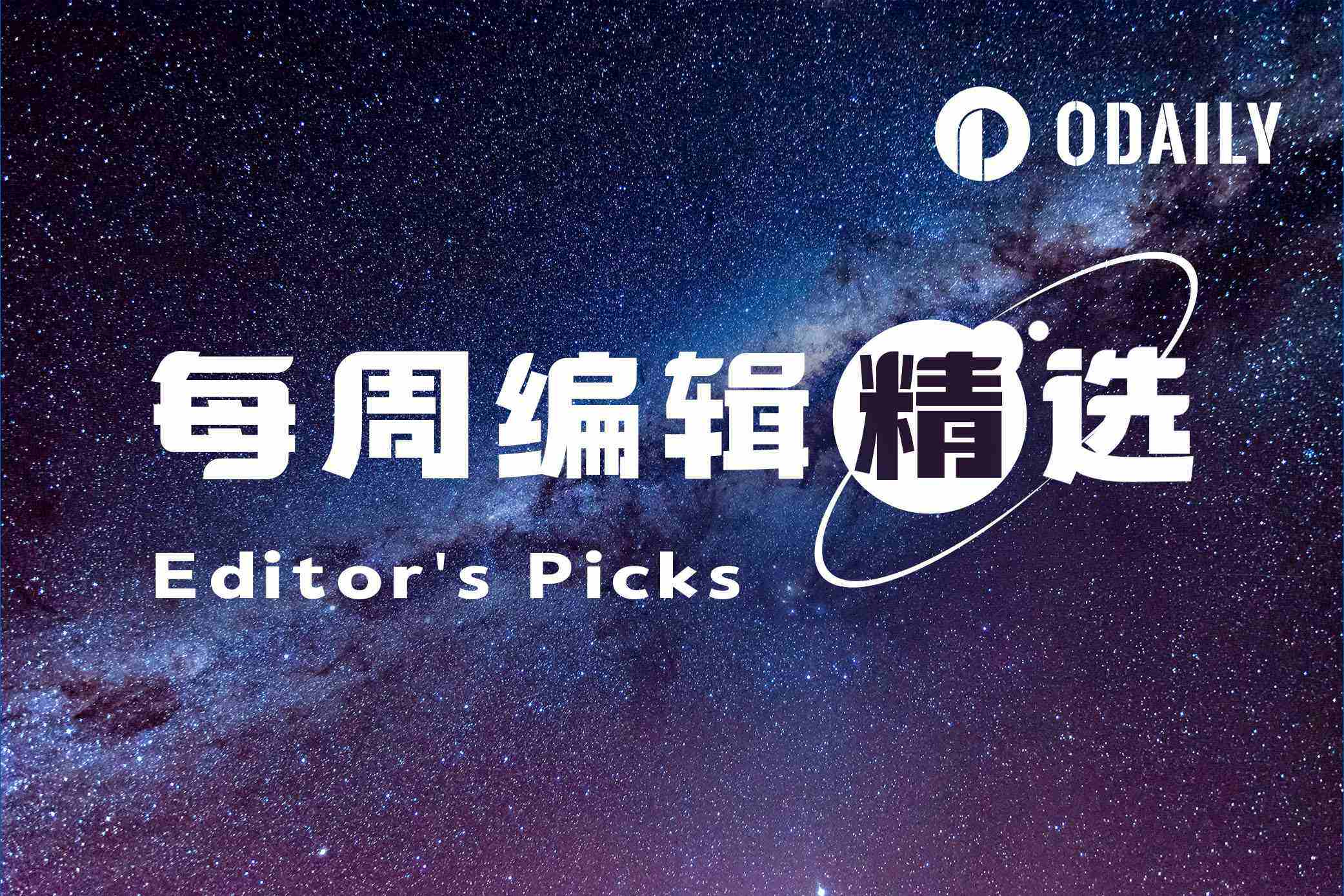The fate of Google, Apple, Facebook, Amazon and BAT may be wiped out by the blockchain
Editor's Note: This article comes fromChain News ChainNews, reproduced with permission.

Chain News ChainNews

, reproduced with permission.
image description

America's Biggest Companies Haven't Always Been Tech Companies
Facebook, Apple, Microsoft, Google and Amazon (FAMGA) account for an increasing share of the Nasdaq's 100 largest companies by market capitalization. This trend has not only maintained, but accelerated over the past year:
image description
FAMGA gaining market share in Nasdaq
 FAMGA's growing dominance will have far-reaching consequences, including stifling innovation as the vast majority of value created goes to just five companies.
FAMGA's growing dominance will have far-reaching consequences, including stifling innovation as the vast majority of value created goes to just five companies.

A year ago, I couldn't see any emerging technology standing in the way of FAMGA's growing dominance. But I believe that history tells us that only change is permanent. The following chart shows the market capitalization share of the top 100 technology companies over the past 25 years:
As you can see from the chart above, the market capitalization dominance of both IBM and Microsoft is eventually waning. The good news is that I see the light of day for cryptocurrencies. When it comes to cryptocurrencies, I’m specifically referring to four technologies that are complemented by the community and combined with each other to make decentralization possible.
image description
Technical and social elements of cryptocurrencies
I'll talk about why I think FAMGA's dominance is threatened by cryptocurrencies: Encryption allows identities and related data to be managed decentralized and controlled by users
Encryption allows identities and related data to be managed decentralized and controlled by users
Even without cryptocurrencies, users are starting to demand management of their own data, especially in Europe following the recent introduction of the GDPR general data protection regulation in the European Union.
GDPR is designed to put people in control of their own data and ensure that companies comply with the requirements of the "right to be forgotten" also known as the "right to erasure" and "data portability." With the onslaught of data breaches, there's a growing awareness that if you're not paying for...
Initiatives like GDPR, as well as changing cultural ethos, especially among millennials, will get a big boost from cryptocurrencies.
From Civic to Sovrin to HyperLedger-owned identity projects Indy and uPort, there are countless cryptocurrency projects tackling the identity problem.
These blockchain-based platforms all aim to weaken FAMGA's dominant position of profiting from user data. Today, users have become increasingly concerned about the risks of not controlling personal data, such as data leakage, fake news, etc. Increasing risk awareness among users, coupled with the possibility of being rewarded for active control of personal data, makes it likely that users will become more proactive in managing and sharing their data.
The more restrictive users are about information about themselves and their behavior, the less chance FAMGA has to continue to carve out ground in the market.
While the impact of these projects may be limited in the short term, their eventual success will spark a data revolution.
 secondary title
secondary title
Cryptocurrency projects have begun to compete directly with various FAMGA members
As Chris Dixon recently pointed out, the natural tendency of centralized platforms is to increasingly extract value from users and compete with their early collaborators:
Cryptonetworks attempt to address these issues by building a community of developers, maintainers, and other network participants, and providing economic incentives to community members in the form of tokens. At present, there are many encryption projects competing with various FAMGA members: In addition to the Bitcoin blockchain, Ethereum, Stellar Lumens, EOS, NEO, NEM and Hashgraph platforms are currently the most well-known cryptocurrency "operating systems" similar to Microsoft's bellwether. Brave and Bitclave are browsers that compete head-to-head with Google.
Shping is competing with Amazon through token shopping.
Mind, SuchApp, and YOYOW are all competing with Facebook's social network either directly or peripherally.
In any case, Facebook is not in a good place right now. After a $150 million ICO last December, Sirin Labs appears to be spearheading the development of a blockchain phone that could rival Apple. Sirin Labs recently announced a partnership with Foxconn to produce mobile phones. Huawei, the world's second-largest smartphone maker after Samsung, is reportedly in talks to acquire Sirin Labs' technology. Lianwen Note: Although Huawei has denied this rumor on some occasions.
I could name dozens of other related projects, and many more will be built as the functionality of cryptocurrencies continues to improve.

secondary title
The impact of cryptocurrencies will exceed anyone's imagination
As humans, our way of thinking is linear, but technology adoption follows an S-curve, which causes this to happen:
The chart above was compiled by Roy Amara, director of the Palo Alto think tank Future Institute, who coined this Amara's law in the early 70s:





